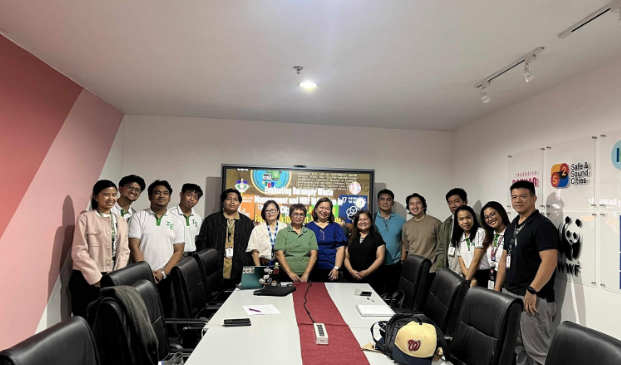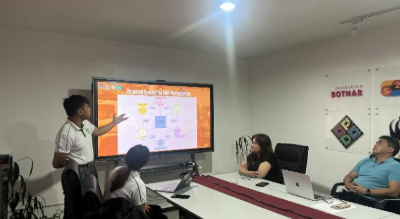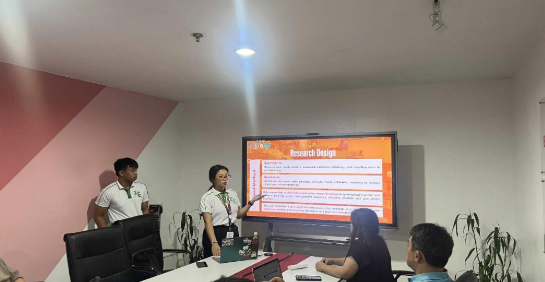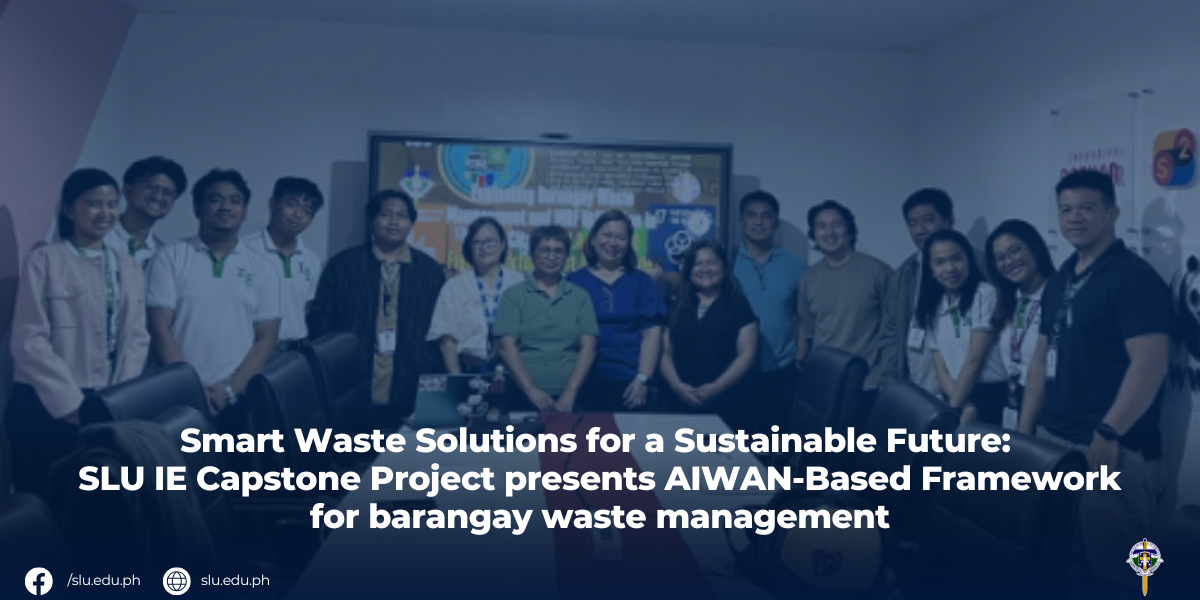In a joint effort to advance sustainable urban living, the Saint Louis University School of Engineering and Architecture – Industrial Engineering Department (SLU-SEA IE) has partnered with government and institutional stakeholders to pioneer a forward-looking initiative on waste management.
On 27 May 2025, the capstone project titled “Evaluating Barangay Waste Management and (Materials Recovery Facility) MRF Utilization in Baguio City: An Adoption of Intelligent Waste Actions through a Smart Network System (A.I.W.A.N)-Based Framework for Smart, Sustainable Waste Solutions” was formally presented at the Synergize Innovation and Gravitate Leadership towards Adaptive Technologies (SIGLAT)-Baguio Youth Innovation Hub, located at the Baguio Convention and Cultural Center.
The project was led by Ar. Donna G. Rillera-Tabangin from the City Planning, Development, and Sustainability Office, alongside Engr. Maria Corazon D. Ocampo, who was the research promoter of the capstone team who worked on the project. The presentation, held from 1:30 to 3:30 p.m., showcased the collaborative research of IE student team members Vincent Elric A. Cristal, Julianne Kate C. Fangonil, Nico J. Grad, Bethanny G. Peralta, and Jared L. Sagantiyoc.
The initiative represents a concrete step toward Baguio’s Smart City goals, integrating technology, data, and participatory governance into solid waste management systems. By examining waste generation patterns and evaluating barangay-level MRF performance, the students proposed practical solutions aimed at improving segregation, collection, and recycling. These efforts highlight how academic research can contribute to sustainable development, specifically in line with SDG 11 (Sustainable Cities and Communities), SDG 13 (Climate Action), and SDG 17 (Partnerships for the Goals).
Representatives from the University of the Philippines Baguio, the City Environment and Parks Management Office (CEPMO), the General Services Office (GSO), and the United Nations Development Programme (UNDP) attended the event, providing valuable feedback and validating the proposed framework. Their participation underscored the potential of the project to influence both local governance and policy-making.
The AIWAN-based framework highlights how collaboration between students, city offices, and development organizations can transform waste management practices. It is a step forward in ensuring that environmental stewardship, smart governance, and community empowerment remain at the core of Baguio’s path toward sustainability. (Article by Julianne Fangonil, SEA-IE Department | Photos by SEA-IE Department)










